there's always that one person who feels like unfinished business
the unspoken rules of impossible love
I’ll be honest, I’ve had this post saved in my drafts for a while now—I keep chickening out when it comes to sharing it, but I have to take my own advice and ‘let the idea touch reality’ so here we go…
I've been trying to find the words for this particular species of love for months now, maybe years, circling around it like a moth around light, getting close enough to feel the heat but never quite able to land on something solid. It's the kind of love that exists entirely in the subjunctive mood—not "we are" or "we were," but "we might be," "we could have been," "if only." The love of perpetual almost.
There's no real vocabulary for it in our culture. We have words for the loves that follow predictable arcs: the meet-cute that becomes marriage, the passionate affair that burns out, the friendship that deepens into something more substantial. But what do you call the love that sustains itself precisely by never quite becoming what it could be? What do you call two people who spend the better part of a decade perfecting the art of wanting each other at exactly the wrong moments?
I think about those old medieval maps, the ones where cartographers would sketch coastlines with meticulous detail, naming every bay and inlet they'd charted, and then—at the edges of their knowledge—they'd simply stop. Not because they'd lost interest or given up, but because they'd reached the limits of what was safely navigable, what was known to be real rather than rumored. They'd mark these boundaries with quiet notations: Mare Incognito. Unknown sea. There was something almost respectful about those unmarked spaces. Not an abandonment of curiosity, but an acknowledgment that some territories required different kinds of preparation, different seasons, perhaps different explorers altogether.
But what we created was something different entirely. Our territory wasn't unknown—it was deliberately unexplored, carefully preserved in its mystery. We were cartographers who agreed, without ever saying so, to leave certain regions unmarked, to maintain the fiction that there were still new worlds to discover between us.
The strange thing is how sustainable it was. Almost a full decade of this elaborate dance, this push and pull that required such precise timing, such unconscious coordination, that it felt almost choreographed by some cosmic force with a particularly twisted sense of humor. I'd lean in just as he stepped back. He'd reach for me exactly when I'd become unreachable. We were like those desk toys with the perpetual motion balls—perfectly calibrated to keep each other in motion without ever actually touching.
And the wild part was, it worked. It actually worked. Not in any way that would make sense to a relationship counselor or a dating app algorithm, but in some deeper, stranger way that I'm only beginning to understand. We gave each other something that no other relationship could provide: the intoxicating possibility of total transformation. With him, I wasn't just myself—I was all the versions of myself I might become if I were brave enough, if the timing were right, if the stars aligned in exactly the configuration we needed.
I think about the physics of it sometimes, the way two objects can orbit each other indefinitely without ever colliding, held in perfect balance by competing forces. Gravity pulling them together, momentum keeping them apart. Too much gravity and they crash into each other, destroying both. Too much momentum and they spin off into space, alone. But get the balance just right, and they can dance around each other forever, each one defining the other's path without ever quite meeting.
Is that love? I used to think love required proximity, presence, the kind of daily negotiation that happens when two people try to build something real together. But maybe that's just one kind of love—the terrestrial kind, bound by the practical concerns of who takes out the trash and whose turn it is to call the plumber. What we had was something else entirely: orbital love, celestial love, the kind that exists in the space between bodies rather than in the bodies themselves.
I remember reading about quantum entanglement in some half-understood article years ago—the idea that two particles can become so fundamentally connected that measuring one instantly affects the other, no matter how far apart they are. Einstein called it "spooky action at a distance," and I think he was onto something. Because that's what it felt like with us: this invisible thread that connected our emotional states across whatever distance we'd created between us. When he was happy, I could feel it in my bones. When I was restless, he'd text me within hours, as if he'd somehow sensed the shift in my internal weather.
But here's the thing I'm only now beginning to understand: that connection required the distance. It was the space between us that made the whole system work. Close the gap, and the magic would collapse under the weight of reality—whose Netflix password we'd use, whether he preferred the window open or closed at night, the way I leave coffee rings on every surface like some kind of caffeinated Hansel and Gretel. The mundane intimacies that make real relationships possible would have been poison to whatever we'd created.
So we became experts at almost. Almost calling when we were lonely. Almost showing up at each other's door. Almost having the conversation that would change everything. We lived in the conditional tense, in the realm of "what if" and "if only," and somehow that felt more real than any relationship I'd ever had that existed in the simple past or present tense.
I used to think this made us cowards, that we were too afraid of real intimacy to ever let it happen. And maybe that's partially true. But I'm beginning to suspect it might be something else—something braver, even. Maybe we were protecting something so precious, so singular, that we instinctively knew it couldn't survive in the harsh light of everyday reality. Maybe we were gardeners of possibility, tending to something that could only bloom in the liminal space between desire and fulfillment.
The French have this concept—l'amour impossible—impossible love. But they usually apply it to relationships that are impossible because of external circumstances: married lovers, class differences, geographical distance. What we had was different. It was impossible by design, impossible by mutual and unspoken agreement. We made it impossible because impossibility was its natural habitat.
And the strangest part? I don't think it ever really ended. Oh, we stopped talking, stopped orbiting each other quite so obviously. The external circumstances that gave us our excuse to drift apart provided a kind of cover, a way to step away from the dance without either of us having to admit we were tired of dancing. But end? I'm not sure something like this can end. It exists outside of time, somehow, in that eternal present tense of almost-was and might-still-be.
Sometimes I catch myself wondering if he ever thinks about those years, if he ever maps out the strange geography of what we created together. I wonder if he recognizes it in other contexts—that particular electricity that happens when two people discover they speak the same emotional language, when they find someone else who understands the rules of this very specific game.
Because it was a game. But not a trivial one. The most serious game either of us had ever played. A game with rules so subtle they were never spoken, moves so complex they required a decade to fully develop. We were like those chess masters who can play entire games in their heads, moving pieces on invisible boards, creating art out of pure strategy and possibility.
I've tried to recreate it with other people, and it never works. It's like trying to speak a language with someone who's never learned the vocabulary. They lean in when they should step back, they reach for certainty when the whole point is to live in uncertainty, they want to resolve the tension when the tension is the entire point.
Maybe that's what made it so special: it could only exist between us. We'd accidentally discovered this rare form of connection that required such specific conditions, such particular timing, such precise emotional chemistry that it couldn't be replicated with anyone else. It was ours in the way that a shared dream is yours—impossible to explain, impossible to revisit, but undeniably real while it lasted.
I wonder sometimes if this is what the mystics were talking about when they wrote about divine love—not the sanitized, Sunday-school version, but the wild, untamable kind that exists entirely outside the realm of possession or fulfillment. Love as pure energy rather than transaction, connection as art form rather than contract. We weren't trying to build something together; we were something together, something that could only exist in motion, in the space between reaching and grasping.
And here's what I'm only beginning to understand: maybe the reason we don't talk about this kind of love is because it threatens everything we've been taught about what love should be. It's not productive love, not love that leads anywhere or builds anything tangible. It's love for its own sake, love as practice rather than goal, love that asks nothing of the future because it's too busy being perfect in the present moment of its own impossibility.
It makes me think of those Japanese gardens where they deliberately leave spaces unplanted, understanding that emptiness is as important as fullness, that what's missing shapes what's there. We were gardeners of absence, cultivators of the space between, yet somehow that empty space bloomed with undeniable amounts of life.
I'm still learning to see this as a complete story, not a failed one. Still practicing the radical idea that some loves are meant to exist in the conditional tense forever, suspended in the eternal maybe of what could have been. Not because they're broken, but because that's their natural state—like those quantum particles that exist in superposition until the moment someone tries to measure them, collapsing all their beautiful possibilities into one disappointing reality.
Maybe we were just wise enough, or lucky enough, to never try to measure what we had. To let it remain in that shimmering state of pure potential, where every conversation could be the one that changed everything, where every almost-touch carried the weight of infinite possibility.
I'm writing this now because I finally understand what we were doing all those years, even if we didn't understand it ourselves at the time. We were archaeologists of our own future, carefully excavating the possibility of us without ever disturbing the dig site enough to destroy what we might find. We were protecting something that could only exist in the realm of almost—not because we were afraid of the real thing, but because we somehow intuited that the real thing would be a different thing entirely, beautiful in its own way but not this particular beauty we'd stumbled into.
And maybe that's enough. Maybe recognizing it for what it was—this rare, strange, utterly singular form of love—is its own kind of completion. Not every story needs an ending; some stories are the middle, the eternal suspension between beginning and resolution. Some loves are meant to live forever in the subjunctive mood, in the space between "what if" and "what is."
You won't always get a clean ending, I told myself at the beginning of this. Sometimes healing is closing the door without knowing what was on the other side. But now I think I had it backwards. Sometimes healing is recognizing that some doors were never meant to be opened—not because there's something terrible behind them, but because their beauty lies in remaining forever closed, forever promising, forever full of the electric possibility of what lies just beyond our reach.
Thanks for being here—enjoy your Sunday, wild ones xoxo
MORE FROM WILD BARE THOUGHTS —
James Baldwin on reading and human connection
I've been thinking about James Baldwin's words lately, how they seem to float through our digital spaces, borrowed and reborrowed until they're almost ambient wisdom: "You think your pain and your heartbreak are unprecedented in the history of the world, but then you read."
machine yearning
After I published my essay on self-pursuit last month, I started receiving lots of messages from people who wanted to know the practical mechanics of it all. I'd mentioned in passing that I use AI for daily journaling, calling it






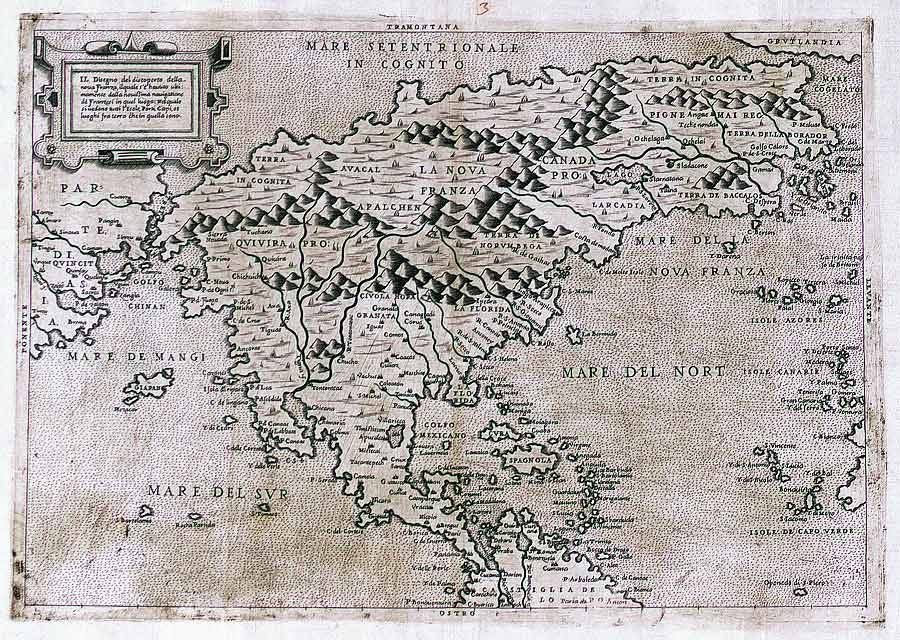
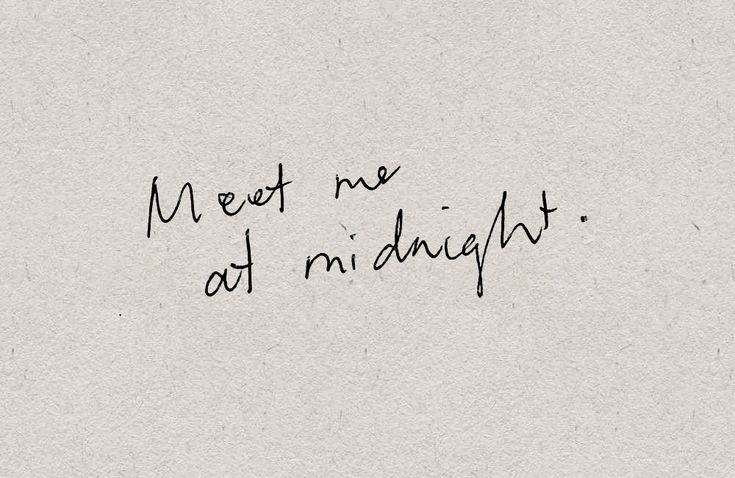
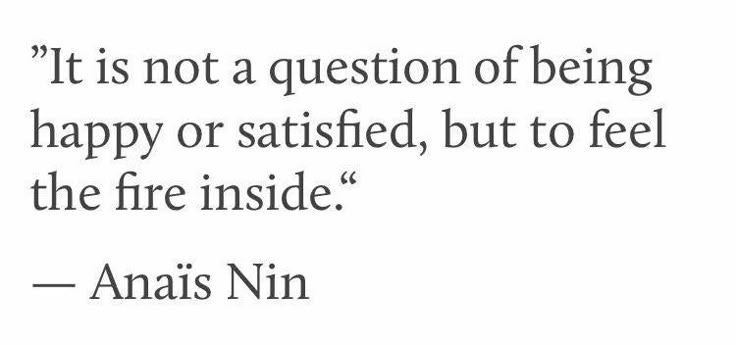
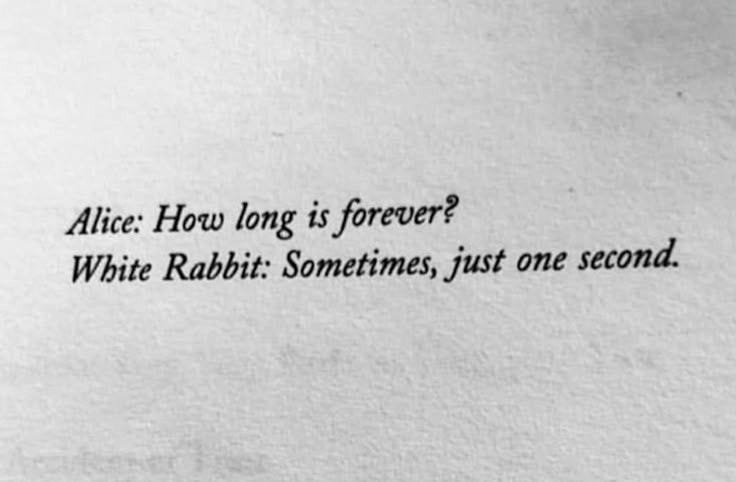

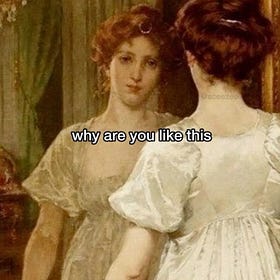
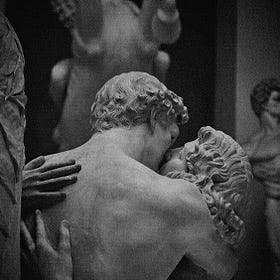


Why you gotta tear off that old bandage, Stepf?! I'll give you this much: you've got chutzpah. We all know and appreciate your talent for self-examination and your unique ability to put it into words, but this deep-dive, regardless of the success or failure, deserves an award for courage. The "idea" of love is often more exhilarating than its practice, which makes the loss even harder to take. Kudos for endeavoring where fools didn't rush in.
Beautiful article, it made me think so much about relationships in my past...